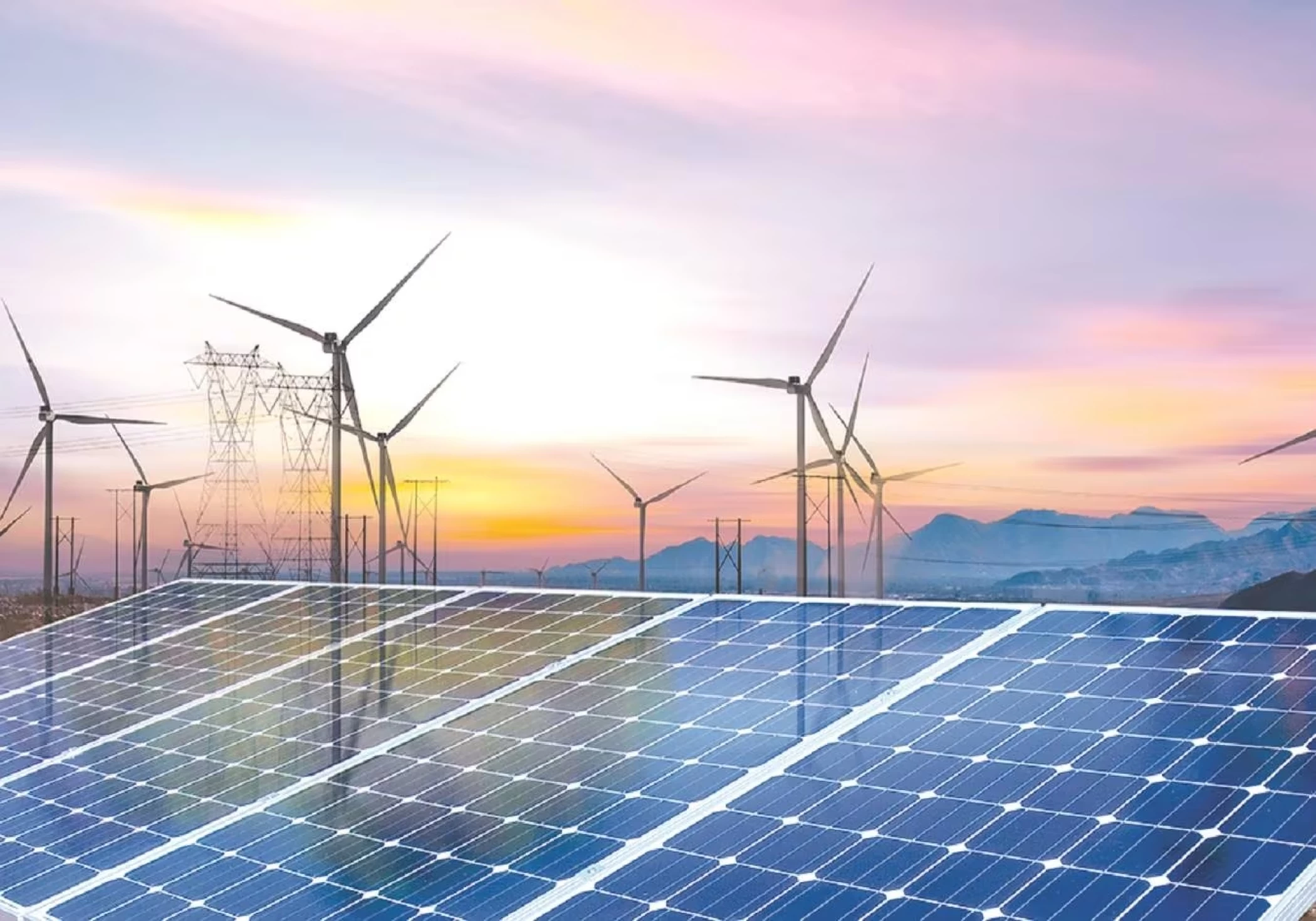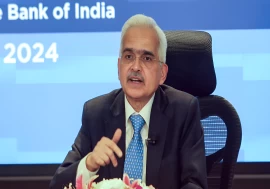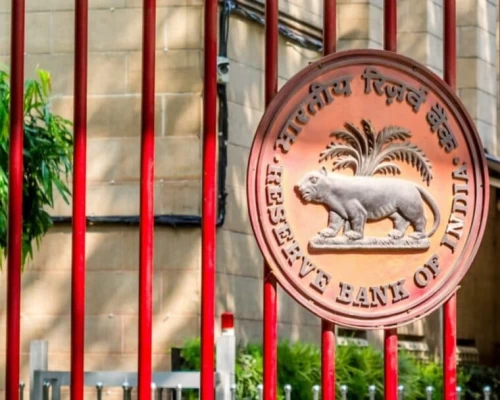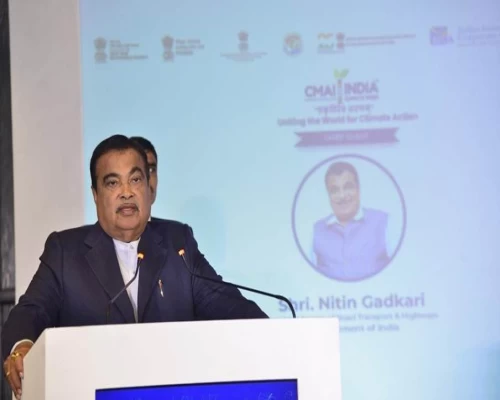
New Delhi: The government has significantly expanded electricity access, with the average supply in rural areas rising from 12.5 hours in 2014 to 22.6 hours in 2025, while urban areas now receive 23.4 hours of power. Addressing a press conference in New Delhi, the Union Minister for Power said the government remains committed to achieving 100% household electrification. Initiatives like Deen Dayal Upadhyay Gram Jyoti Yojana, Saubhagya, and Pradhan Mantri Janjati Adivasi Nyaya Maha Abhiyan have played a key role in improving power accessibility, especially in tribal and border areas.
Fossil-based power capacity has grown from 168 GW in 2014 to 246 GW in 2025, an increase of 46%. At the same time, non-fossil power capacity has risen by 180%, from around 80 GW in 2014 to 220 GW in 2025. The transmission network has also expanded, growing from 2.91 lakh ckm in 2014 to 4.92 lakh ckm in 2025, ensuring a more reliable power supply across the country.
India has now become a net exporter of power. While the country was importing more power than it exported in 2014, the situation has reversed in 2025, with net exports reaching 1,625 MU. The energy shortage has also been addressed, dropping from 4.2% in 2014 to just 0.1% in 2025.
Losses in power distribution have reduced significantly. Aggregate Technical and Commercial (AT&C) losses have fallen from 22.62% in 2014 to 15% in 2025, with a target to further reduce them to 10% by 2030. Smart meter adoption is also advancing, with 2.13 crore smart meters already installed and 19.8 crore sanctioned. Additionally, 52.5 lakh distribution transformers (DTRs) and 2.1 lakh feeders have been approved.
Energy efficiency measures have saved 53 million tonnes of oil equivalent (MTOE) in annual consumption as of 2024, reducing emissions by 321 million tonnes of CO2. The government has introduced sustainable building codes to enhance energy efficiency in commercial and residential buildings.
The transport sector is also being transformed with a focus on electric vehicles. By 2030, 1 lakh EV charging stations will be installed across the country to support the shift towards clean mobility.
BI Bureau










_500_x_400.webp)

